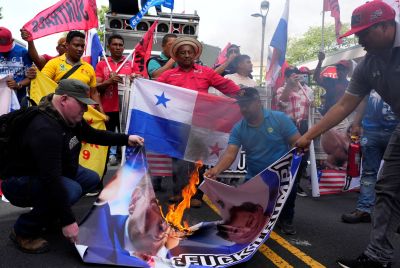US-Israeli Woman Pardoned By Putin Flies Out With Netanyahu
A US-Israeli woman jailed for drug trafficking in Russia was released and flew out with Israeli Prime Minister Benjamin Netanyahu on Thursday after she was pardoned by President Vladimir Putin.
Russia freed 26-year-old Naama Issachar from prison shortly before Netanyahu met Putin at the Kremlin to discuss US President Donald Trump's Middle East peace plan.
Flying back to Israel with Issachar was likely to be a publicity coup for Netanyahu ahead of March 2 elections.
Issachar's fate had sparked a wave of sympathy in Israel where Netanyahu had pledged to do everything for her release.
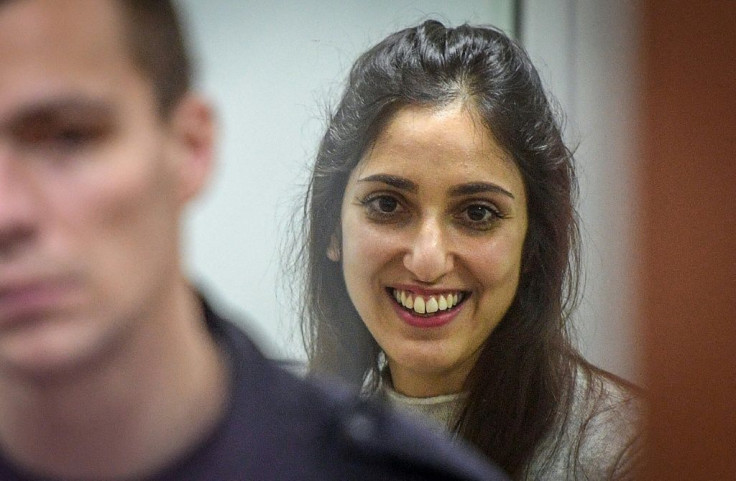
She was arrested at Moscow's Sheremetyevo airport in April 2019 while she was in the transit zone en route from India to Israel.
Russian authorities said they found nine grammes (0.3 ounces) of cannabis in her checked luggage and she was sentenced in October to seven and a half years in prison.
Her case was controversial because she was sentenced for drug trafficking while she was in transit and the drugs were in hold luggage.
Netanyahu posted a video on Twitter showing him and his wife hugging and kissing Issachar and her mother at a Moscow airport.
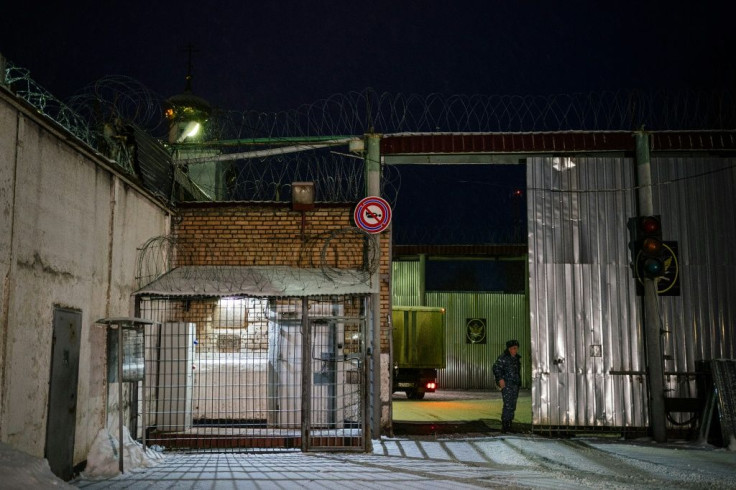
"We're excited to see you. Now, we're going home," his office quoted Netanyahu as telling Issachar.
Netanyahu flew back to Israel with Issachar after the Kremlin meeting.
Putin pardoned Issachar on Wednesday after she submitted a request at the weekend.
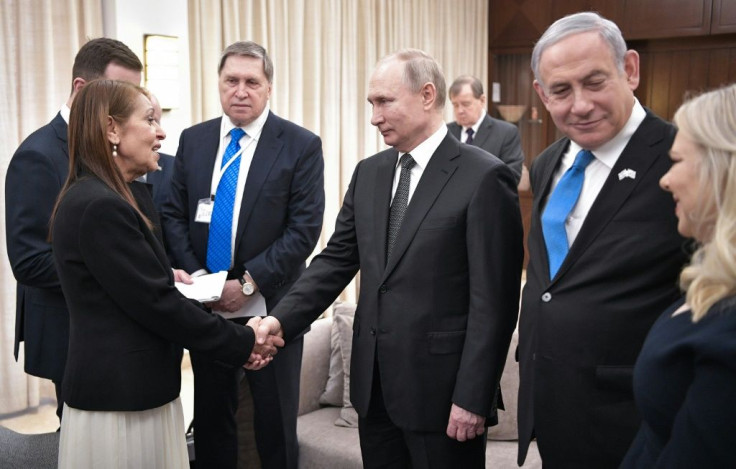
"Guided by the principles of humanity, I pardon Naama Issachar," he said in a decree cited by the Kremlin.
The prison service said early Thursday that she had been released from a penal colony in the Moscow region.
Putin told Netanyahu that it was lucky for Issachar that she did not cross the border, suggesting this would have complicated the pardon procedure.
"She -- thank God, it's very good for her -- didn't even cross the Russian border," Putin said, adding that the drugs were found in her luggage while the baggage was being moved from one plane to another.
"Give my very best regards to her, her family and her mum," he told Netanyahu.
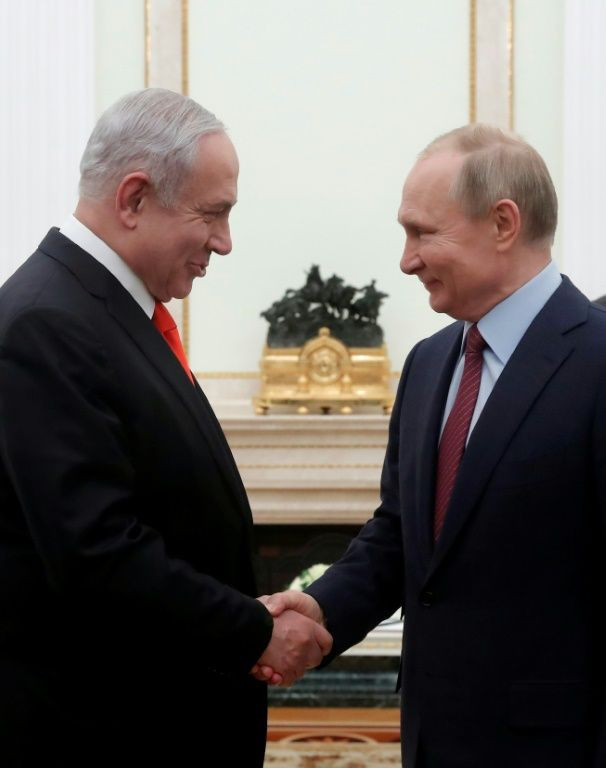
In December, Issachar lost an appeal against her sentence, which Netanyahu had described as disproportionate.
During the appeal hearing, Issachar had proclaimed her innocence, denouncing the charges against her as absurd.
After initially refusing to appeal to Putin, on Sunday she signed a request for a pardon.
Putin appeared with Issachar's mother and Netanyahu while visiting Israel last week to commemorate the liberation of the Nazi death camp at Auschwitz 75 years ago.
The Israeli foreign ministry had called the verdict "harsh and disproportionate" and President Reuven Rivlin had appealed to Putin's "mercy and compassion" when asking him to intervene in the case.
The two leaders also discussed Trump's Israeli-Palestinian peace plan but Putin did not comment on the proposal in front of the reporters.
"I think there's a new and perhaps unique opportunity here," the Israeli premier told Putin at the Kremlin.
Netanyahu stood alongside Trump at the White House when the peace plan was announced Tuesday and called it a victory for Israel.
He told Putin: "You're actually the first leader I'm speaking with after my visit to Washington about President Trump's Deal of the Century."
"I'd like to speak to you and hear your insights and see how we can combine all our forces for security and peace," he said.
Russia has said it will study Trump's plan and called on Israelis and Palestinians to negotiate directly to find a "mutually acceptable compromise".
Netanyahu posted on Twitter in Russian that it was an "important working meeting" and relations between the countries had never been "so good and durable."
Netanyahu is standing for re-election in toughly contested March 2 polls and it remains to be seen how much Issachar's release and Netanyahu's visit to Washington will boost his chances.
© Copyright AFP 2024. All rights reserved.




